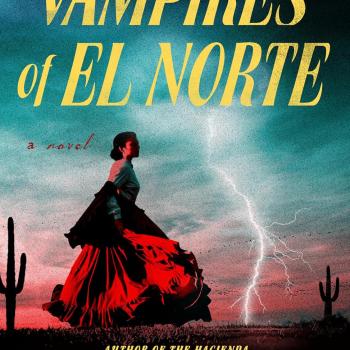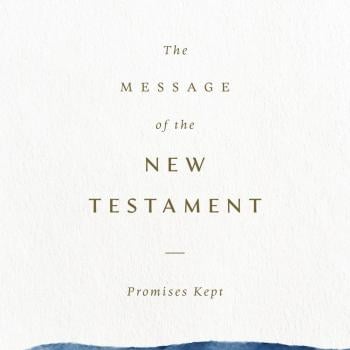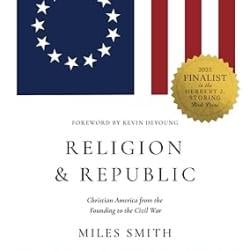This post is part of a series walking through the second volume of Abraham Kuyper’s Common Grace.
Kuyper’s begins with several historical issues that have arisen relative to the definition of predestination. First, he presents a definition of ‘predestination’ as it has been historically understood. Namely, as ‘the decree of God concerning the eternal fate of creatures gifted with consciousness.’ (113) Mostly this has tended to refer to human beings, but also with passing and indirect reference to the angels. As a defense of this articulation, Kuyper provides a lengthy quote from Maastricht showing God’s sovereignty and glory, especially as they related to God’s mercy and justice. Traditionally the means of accomplishing mercy and justice as well as God’s election have also been wrapped up with predestination.
So historically, predestination has been explained relative to individual human futures. This individualism goes back to the Scholastics, though to be fair Aquinas had a somewhat broader view. As the Reformers adopted the works of Ancient and Medieval theologians, some things were left alone, others moved around, yet others were restated in Protestant forms. The topic of ‘regeneration,’ for example, was moved from a subcategory of ‘baptism’–though not to the category of ‘conversion.’
Along with all of this moving around and rearticluation, ‘predestination’ as a doctrine was treated as in the past, with respect to individual salvation. Any conflict over this particular topic was based on how absolute it was and how much or little predestination depended on us. Specifically in arguments with Roman Catholics or (later) Arminians, the Reformers (and then the Reformed) kept a narrow discussion in view.
What’s more, this is the topic most immediately and regularly useful for preaching. The broader view of predestination as applying to all of creation isn’t immediately useful as a main focus from the pulpit, and is especially not what those of us who struggle with assurance need to hear. This is reinforced by the fact that Scripture itself often ties predestination to the individual.
The Reformers only broadened their view of predestination when arguing soli deo gloria. Then salvation takes second place and the doctrine of predestination was broadened–though not always explicitly.
And yet, we must not isolate humanity from the rest of creation–Scripture doesn’t do that. The Bible does not see creation as a temporary stage. Rather, it sees creation as an organic whole. All of creation is tied together. Man is the focus of creation, but being the focus is not the same thing as being separate from creation. Someday, the organic unity that has been at least partially broken by the fall will be restored. The relationship between the original creation and the coming restoration is governed by predestination. All of history is part of this–including the roles our individual salvations will play. [Or is it ‘our individual salvation’? ‘the role that the salvation of each of us individually will play’ is clunky, but gets around the grammar difficulty. Which is another thing that will be set right in the new heavens and the new earth…]












